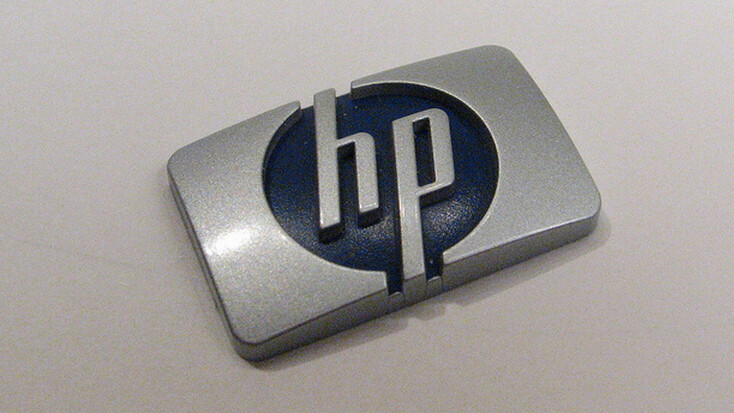
News is out today that at launch, HP will focus only on full Windows 8 tablets, and not those running on ARM processors, sporting the Windows RT operating system. It’s possible to construe this in several ways:
- Bad for Microsoft: A major OEM isn’t taking part in its strategy to build lower-cost tablets that may help it build market share.
- Bad for ARM: Manufacturers of the processors could face lower demand than they have anticipated.
- Bad for Windows 8: Having HP not build ARM-based machines could lower their total number, perhaps limiting their penetration.
You can spin the news in any manner that you will, but HP is playing a coy game. As Paul Thurrott notes, the company’s statement is rather open ended, leaving the firm free to change its mind later. HP’s quote, via Bloomberg:
The decision to go with x86 was influenced by input from our customers. The robust and established ecosystem of x86 applications provides the best customer experience at this time and in the immediate future.
The ‘immediate future’ seems to indicate a launch timeframe, allowing HP to build Windows RT machines later, should they prove popular.
Here’s my take on all this: HP is sticking to its core. A ‘race to the bottom’ with Windows RT machines would lead to micro margins, if every PC OEM joined the fray. HP appears to be hewing towards more expensive, and therefore hopefully margin-conducive, machines that it can sell to professional and enterprise clients.
So it appears that HP is more hedging its bets than stating that Windows RT machines won’t sell, or that they think that the exclusion of desktop apps will doom the software in the future. Their statement discusses the best ‘consumer experience’ at the time of launch, roughly. That’s when the ratio of desktop apps v. Metro-style apps will be at its highest point. From there it will decline. Therefore, HP is avoiding the initial rush, but can hop into the fray later. It has the brand power and distribution channels to do so.
All that in mind, I wouldn’t read too much into HP’s move. We’re going to see other OEMs make cautious, and gutsy moves in the next few months. Not each of them is a real signal as to how well, or poorly, Windows 8 is performing.
Top Image Credit: Windell Oskay
Get the TNW newsletter
Get the most important tech news in your inbox each week.




